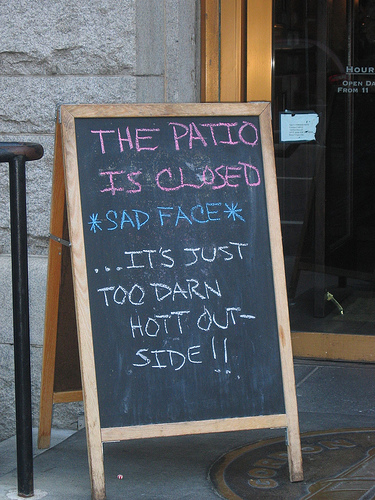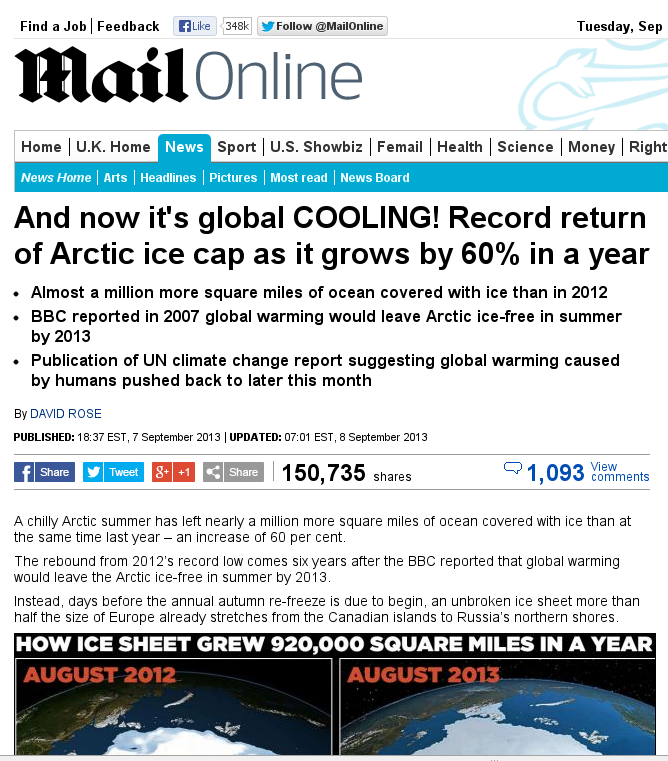As satisfying as it was to see a state supreme court in Pennsylvania rule against a school district that tried to teach intelligent design as science; as satisfying as it was today to see a special court rule that routine childhood immunizations are NOT linked to autism [1], I am left to wonder: why does it take a court to turn the tide against divisive unscientific claims? In a way, I am grateful that the justice system has a number of wise judges, able to weight the scientific evidence and rule with conviction on these matters. On the other hand, what happens if a judge can’t synthesize a decision based on the evidence? Neither side seems well served by this process.
This issue of autism and vaccines is controversial even within my own larger family (laws and in-laws). I know of at least one peer of mine, a mother, who is well versed in medicine but worried about the alleged vaccine/autism link. She vaccinated anyway, without prodding. I know of other family members who noted years when there were seemingly excessive numbers of autism cases diagnosed in their town and felt that vaccines were fair to blame for the cases, even in the face of thousands of other explanations (not the least of which are changing diagnosis standards for autism).
Hot-button issues that cross lines between society and science seem to be hitting the courts quite a lot these days. I wonder what impact this will have on the scientific community’s ability or desire to better communicate their findings?
[1] http://online.wsj.com/article/SB123445313976177691.html?mod=googlenews_wsj (discusses the plaintiffs’ reactions but not the evidence), and http://www.npr.org/templates/story/story.php?storyId=100643472 (better deals with the evidence presented)




